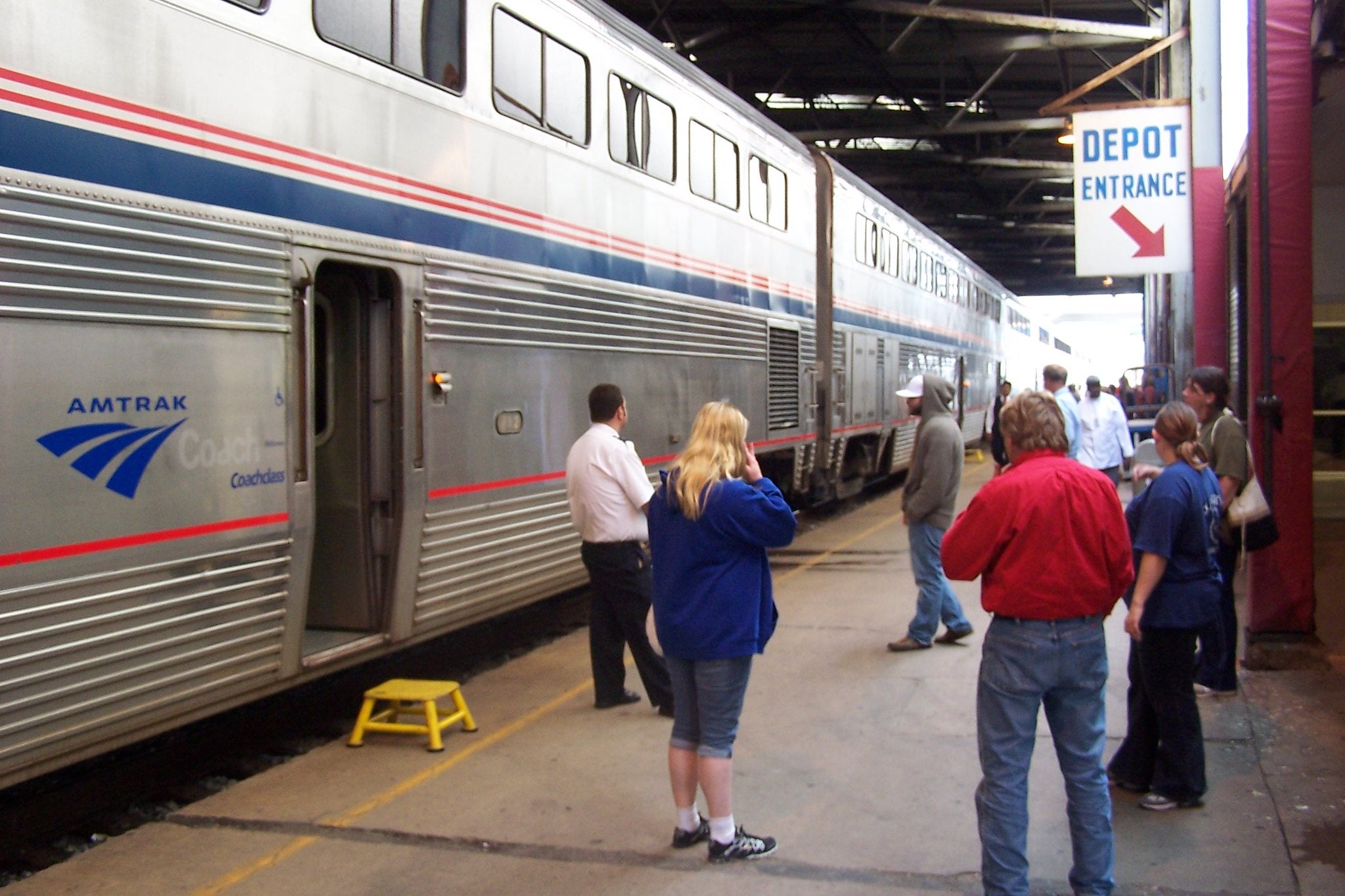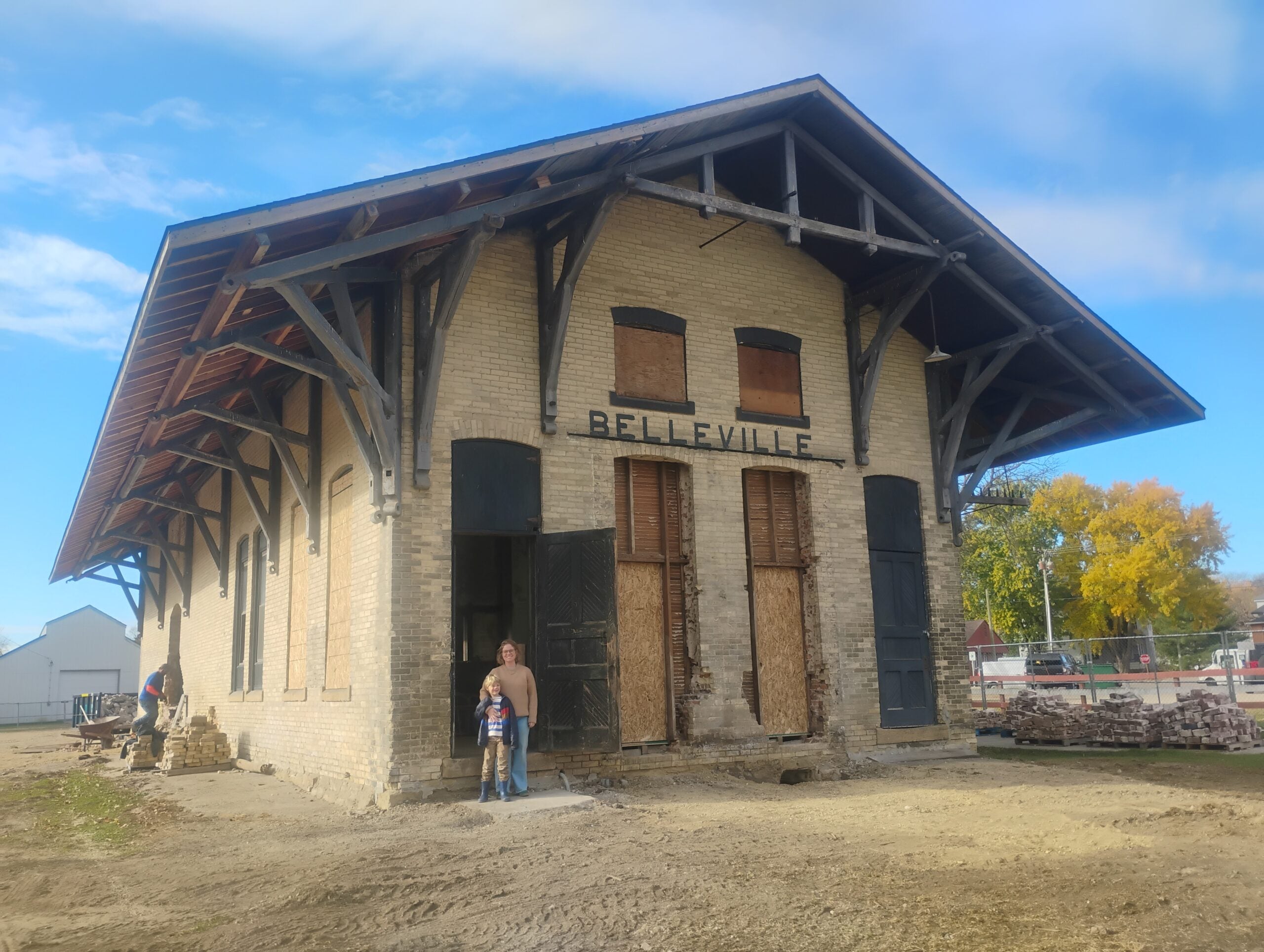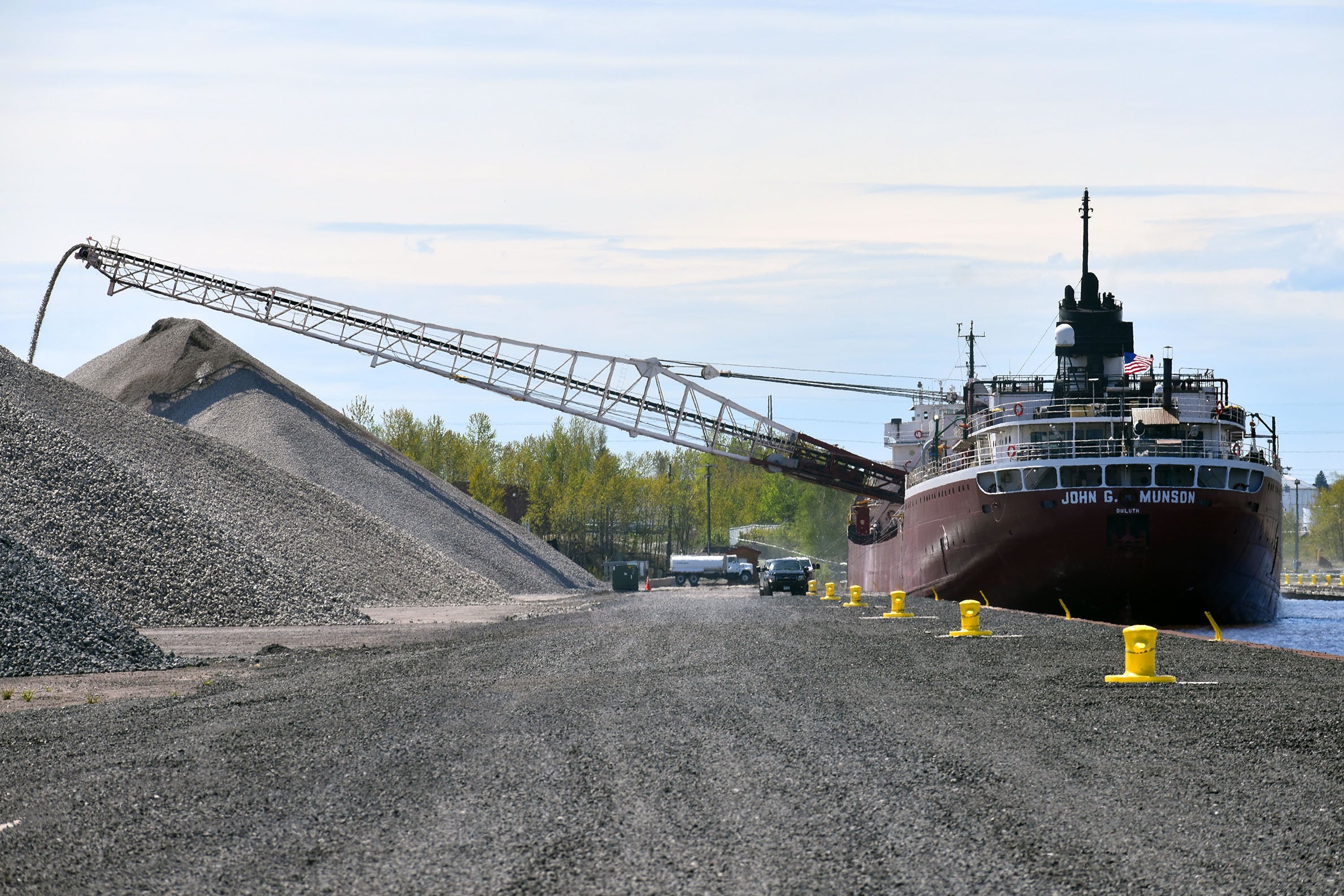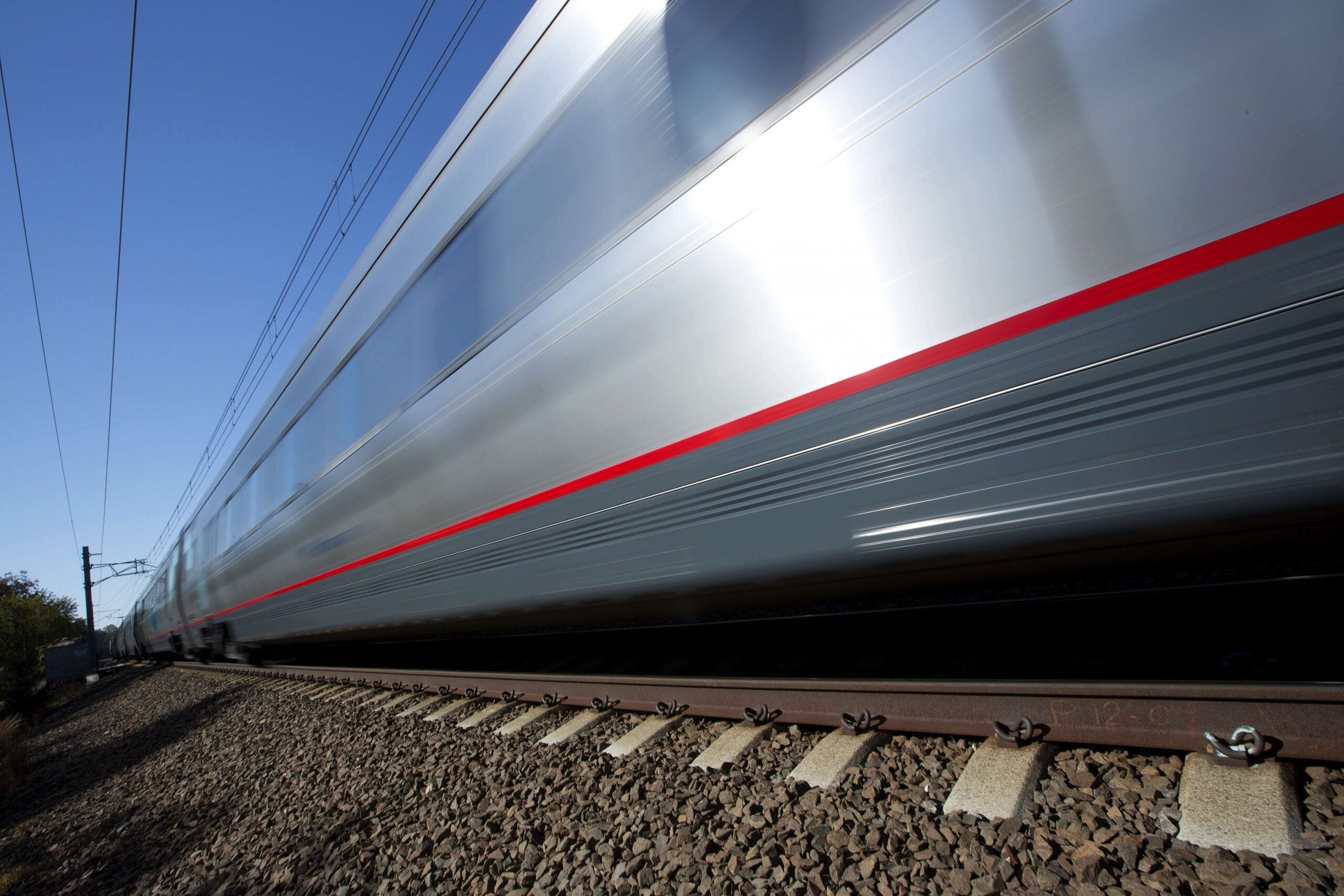Wisconsin will receive nearly $73 million in federal funding for a project that could allow for more passenger trains between Milwaukee and Chicago by creating a bypass for freight trains.
The project would reconfigure rail facilities to reroute most freight trains out of the Milwaukee Intermodal Station to the nearby Muskego Yard, according to the Wisconsin Department of Transportation.
State DOT Rail Chief Lisa Stern said the project will require building brand new mainline tracks into the south side of the Muskego Yard, which is just south of the Milwaukee station, as well as building several new bridges over the Burnham Canal and Menominee River.
News with a little more humanity
WPR’s “Wisconsin Today” newsletter keeps you connected to the state you love without feeling overwhelmed. No paywall. No agenda. No corporate filter.
When complete, Stern said, the project will allow most freight trains to be routed through the Muskego Yard.
“That will free up those tracks through the intermodal station for passenger trains,” she said.
Stern said it will also significantly reduce the number of times street crossings are blocked by the freight trains on 13th Street and St. Paul Avenue near the Milwaukee station.
U.S. Sen. Tammy Baldwin announced $72.8 million in federal funding to support the Muskego Yard Freight Rail Bypass project Monday.
Officials say the project will minimize delays and free up track capacity. The funding comes from a program created by the Bipartisan Infrastructure Law.
“Wisconsin families and businesses deserve modern, reliable, and safe transportation — and that includes rail,” Baldwin said in a statement.
The state DOT estimates the Muskego Yard project will cost $92.8 million, with $72.8 million funded by the federal government, $7 million from Amtrak and the state DOT funding the rest. Stern said DOT anticipates completing the final design in 2026 and beginning construction later that year.
“The construction would be substantially completed sometime in 2029,” Stern said. “Because we’ve got bridge components, track components (and) signal components, there’ll be multiple pieces that will act together, but will be on slightly different timelines.”
Terry Brown edits a newsletter about the Amtrak Borealis line between Chicago and the Twin Cities for the Wisconsin Association of Railroad Passengers.
He said freight trains travelling through the Milwaukee train station can cause delays for passenger trains, specifically Amtrak’s Empire Builder running from Chicago through Wisconsin and the Twin Cities to Washington State.
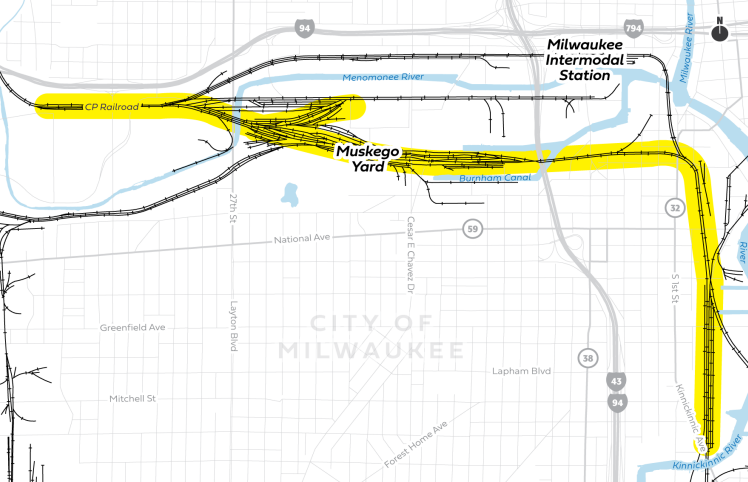
He said some freight trains going through the station are up to 2-miles-long, and need to slow down to between 10 to 15 mph through the station.
“I have personally seen where the Empire Builder was on time approaching Milwaukee,” he said. “It got in the crosshairs of another general merchandise freight train that was rather long, and because of the speed restriction through the station, all of a sudden the train was 15 to 20 minutes late.”
The news of the federal funding to support both passenger and freight rail in Wisconsin comes as the Amtrak Borealis, which runs from Chicago through Wisconsin to the Twin Cities, recently surpassed 100,000 riders after launching in May.
“We’ve been pleasantly surprised by the excitement and ridership that the new service has created and couldn’t be prouder of our partnership,” Amtrak President Roger Harris said in a statement.
Brown and Stern said Amtrak believes most of the riders using the Borealis line are new travelers. Brown says ridership has continued to grow for the Empire Builder. He said the Empire Builder had increased ridership over the peak summer months of June, July and August.
“Almost every train (in) both directions for the Empire Builder sold out,” he said. “That was close to happening a year ago in 2023. It was happening in 2024.”
Stern added the state DOT is currently studying creating additional round trips between Milwaukee and Chicago, as well as establishing new passenger routes between Milwaukee and Green Bay and Milwaukee and Madison.
She said future passenger rail expansion in Wisconsin hinges on the completion of the Muskego Yard project.
“This is a key component to providing that first step of capacity for all of those expansion projects,” Stern said.
Wisconsin Public Radio, © Copyright 2025, Board of Regents of the University of Wisconsin System and Wisconsin Educational Communications Board.

